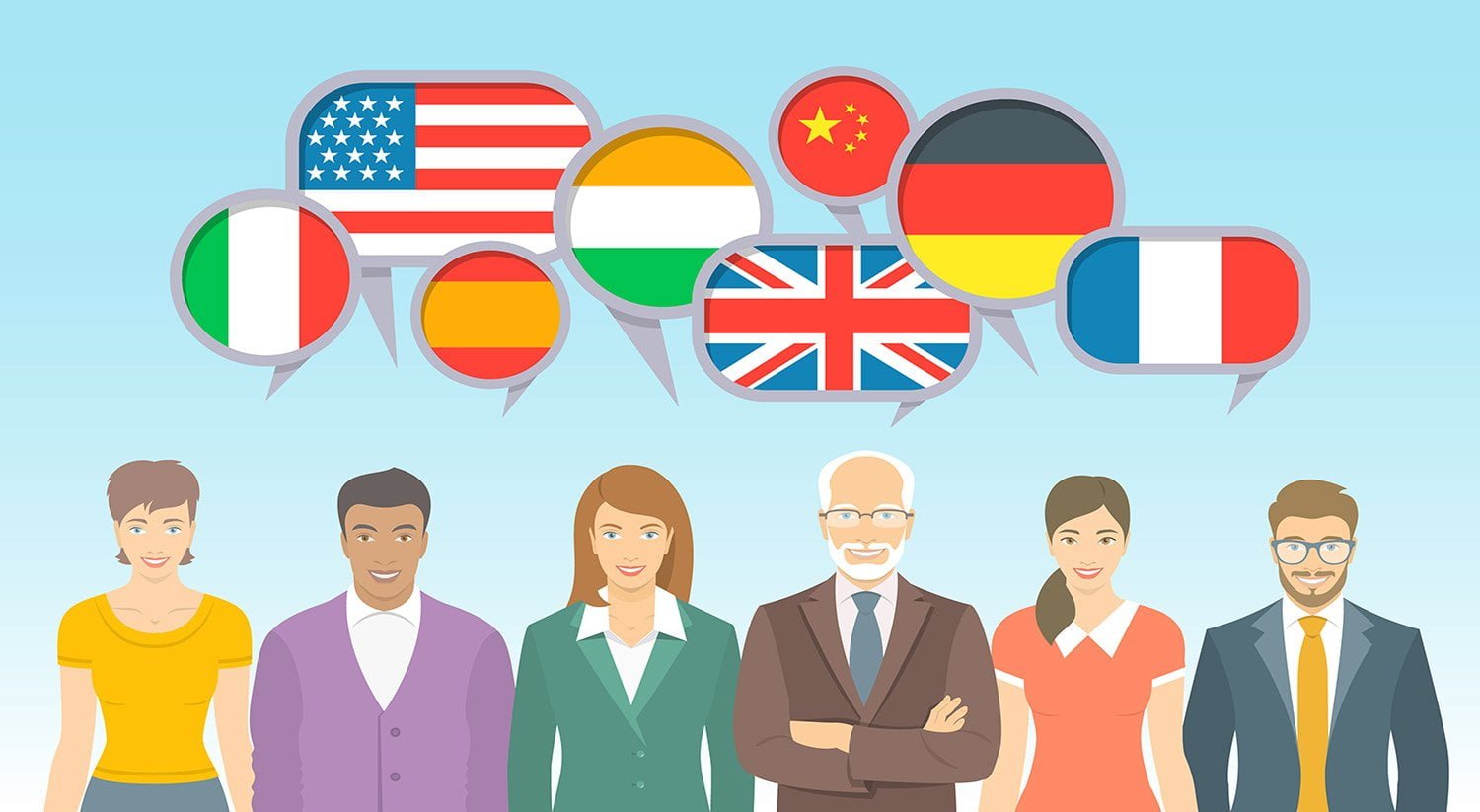
Do you want to learn a new language but don’t know where to start, or does it seem very complicated?
Do you have a new trip in mind to a foreign country of which you don’t know the language and you want to learn some notions quickly to be able to adapt well and not have major difficulties in your voyage?
Or simply … are you passionate about gaining new knowledge?
Whatever your answer is, it is clear that learning new languages is never a bad thing, as they are really useful.
If you want to know the best language learning tips and/or advice from some of the most famous and influential polyglots? read on!
Bilingual / Trilingual / Polyglot / Hyperpolyglot.
- A bilingual person is someone who is fully fluent in two languages at the same time, but these languages must be at the same level of fluency.
- A trilingual person is someone who speaks or uses three languages with equal perfection.
On the other hand, there are the polyglots, who are a another story.
A polyglot is someone who has a deep love of languages and is able to speak, use and understand several languages at the same level.
In general terms; the word “polyglot” is used to describe people who can speak more than 3 languages.
Polyglots are certainly curious and interesting people; only about 3% of the world’s population can speak 4 or more languages.
Hyperpolyglots: Did more than 3 languages seem too few to you? Well, hyperpolyglots have it very clear; more than 10 languages is ideal for them.
According to experts, our brain’s natural limit is around 20-25 languages, although there are some examples in history of people who have broken this barrier.
The most polyglot countries in the world.
According to the database “Ethnologue: Languages of the World” there are currently 7,106 languages spoken in the world. Of these, 4,672 remain at a vital level, while 2,434 are in decline and some are at risk due to the continuing loss of speakers.
The 10 most used languages account for more than 42% of the world’s population.
Mandarin tops the list with more than one billion people, Spanish is second and English third.
Among them, various countries have different languages and dialects that can be attributed to immigrants, tribes, regions, culture, etc.
The countries with the greatest diversity of languages and dialects are:
- Papua New Guinea: 838
- Indonesia: 707
- Nigeria: 529
- India: 454
- United States: 420
- China: 301
- Mexico: 288
- Cameroon: 281
- Australia: 244
- Brazil: 228
Influential polyglots worldwide.
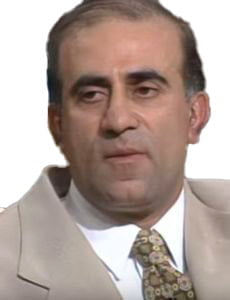
Ziad Youssef Fazah
Languages spoken: Arabic (native) and 58 other languages.
Tops the list of the world’s most influential polyglots.
He explains that his method combines time and dedication.
His top tip :Start with phonetics, then pronunciation, and finally grammar. First buy a book containing the pronunciation, then listen to the accent of the words for several minutes. This way you can memorise them, then proceed to the grammar. At that rate you have a range of 2000 words in three different languages for four months.
However, as of today, there are many rumours and doubts about Ziad’s veracity, as it has been questioned whether he really holds the first place, since, despite his undoubted talent for languages, he has on more than one occasion failed the language tests he was given on a television programme.
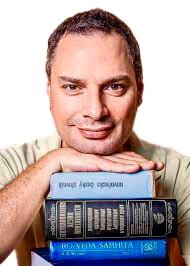
Ioannis Ikonomou
Languages spoken: Greek (native) and 32 other languages.
Ioannis’ talent is absolutely proven, as he uses it in his work as a translator for the European Union.
He commonly translates from 14 different languages into Greek, but is fluent in many more.
His love of languages started as a child on the island of Crete, where he amused himself by copying the way tourists spoke.
His Top tip: If you want to learn a language, the best thing to do is to fall in love with its entire culture, from its history to its gastronomy, cinema or music.

Richard Simcott
Languages spoken: English (native) and 15 other languages.
He speaks 16 languages fluently but has studied more than 50 languages at some point in his life.
The most relevant thing about Richard is that he is able to learn languages in very short periods of time and pass the C1 exams after only three months of preparation, which is why he is a great source of inspiration for many language learners around the world.
His Top tip: Motivation. According to him, the key to learning is to be very clear about your goal; the reason why you want to learn the language.
Whether it’s to have new job opportunities, move to a new country, travel, etc., it doesn’t matter what the reason is, but it must be important enough for us.
If so, it will give us the motivation we need to dedicate time and energy to learning the language.
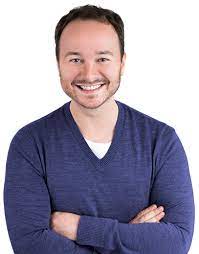
Benny Lewis
Languages spoken: English (native) and 11 other languages.
Benny is very famous and loved on the internet for managing a popular website: fluentin3months.com.
Lewis is known for making learning a new language fun.
On his website, users can access a multitude of useful and enjoyable courses.
The language lover is also known for his personal blog posts, as well as being the author of the acclaimed book “”Fluent in 3 months” . His approach to language learning involves tricks and methods that enable you to speak quickly.
His Top tip:
Lewis affirms that the way to learn a language is to live it. According to him, a language cannot be learned, but must be acquired by getting used to it.
The main focus of his advice is:
- Have passion, and a truly intrinsic and personal motive to start learning, so that you can stay motivated.
- You must get rid of limiting beliefs, mental barriers and other excuses.
- Set concrete goals as a level to reach and a time frame.
- Contrary to popular belief, it is neither appropriate nor desirable to travel before you have learned the basics, Lewis advised, learn first from the comfort of your home and travel later.
Benny’s star tip:
Speak in your target language from day one. Talk a lot, make a lot of mistakes and don’t use your mother tongue or another language to help you.

Lindsay Williams
Languages spoken: English (native) and 11 other languages.
She is the creator of lindsaydoeslanguages.com, a well-known and reputable site providing information, resources, strategies and useful tips for understanding foreign accents.
Lindsay is dedicated to inspiring independent language learners and online educators with courses on how to advance language development. Her storytelling podcast focuses on showcasing languages and cultures from around the world.
We may also know her as the co-creator of the online event “Women in Language”.
Her great advice:
Lindsay explains that learning doesn’t take place with a straight line to progress, it is made up of phases of steady growth and rapid advancement.
Famous polyglots in history.
Guiseppe Gaspardo Mezzofanti
Cardinal Guiseppe Mezzofanti is one of the most talented polyglots in history.
He was an Italian theologian with extensive knowledge in many areas, and his true passion was linguistics.
He is known to have spoken at least 39 different languages, as well as dozens of other dialects, and there is speculation that he may have spoken almost 100 languages and dialects.
His life was extremely prolific, as he was a professor of Arabic at the University of Bologna, then a professor of Oriental languages and Greek, and while learning languages, he led missionary activities and maintained the Vatican library. Quite an all-rounder!
He was such a well-known linguistic genius that at his death, people from all over Europe fought for his skull !
Nikola Tesla
Another historic polyglot is Nikola Tesla. The famous Serbian-American engineer and inventor of the alternating current electrical system was fluent in 8 different languages, including Serbo-Croatian, English, French, Czech, German, Hungarian, Italian and Latin
Cleopatra
The ancient ruler of the Ptolemaic kingdom of Egypt, Cleopatra, is considered one of the most polyglot rulers in history, speaking at least 9 languages.
Her mother tongue was Greek and she was believed to have learned Egyptian, Hebrew and Troglodyte. He was also believed to have spoken the languages of the Ethiopians, Syrians, Armenians, Medes and Parthians.
Some anthropologists and scholars support the belief that Cleopatra also spoke Arabic.
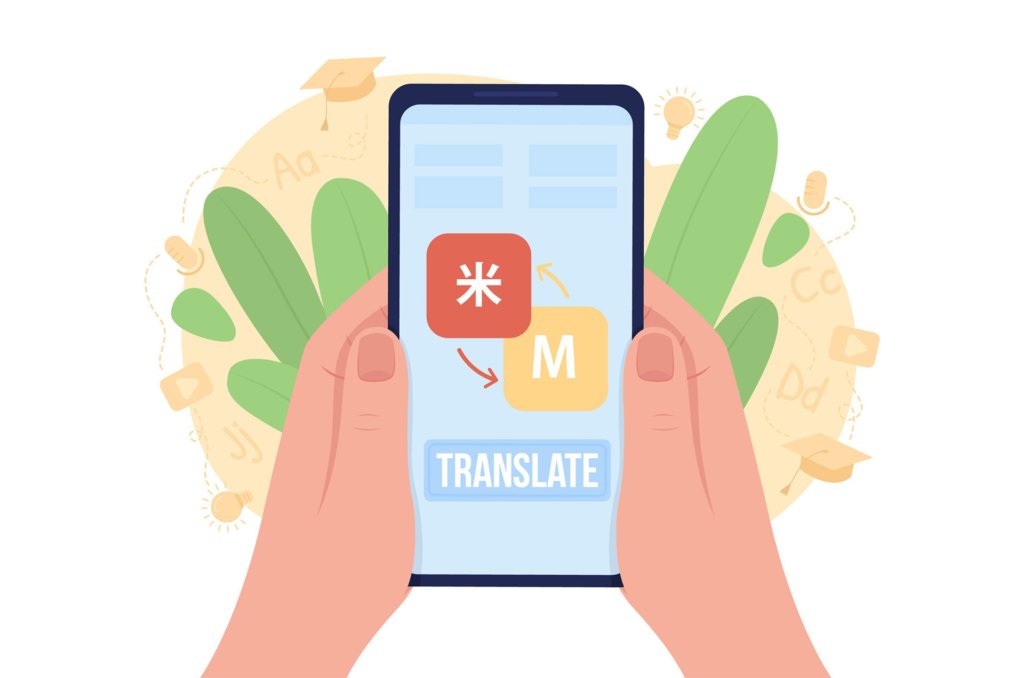
If we dig a little deeper into history, there are many famous polyglots that few people know about!
If you are interested in a specific piece of information, or would like a full article on it, please let us know in the comments.
REMEMBER !!!
You can download our available apps for translating and learning languages correctly available for free on googleplay and applestores.
Do not hesitate to visit our Talkao website and contact us with any questions or problems you may have, and of course, take a look at any of our blog articles.
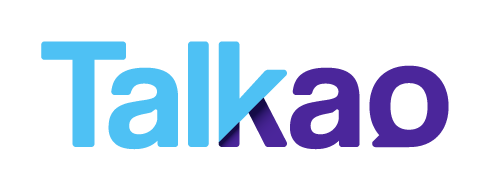


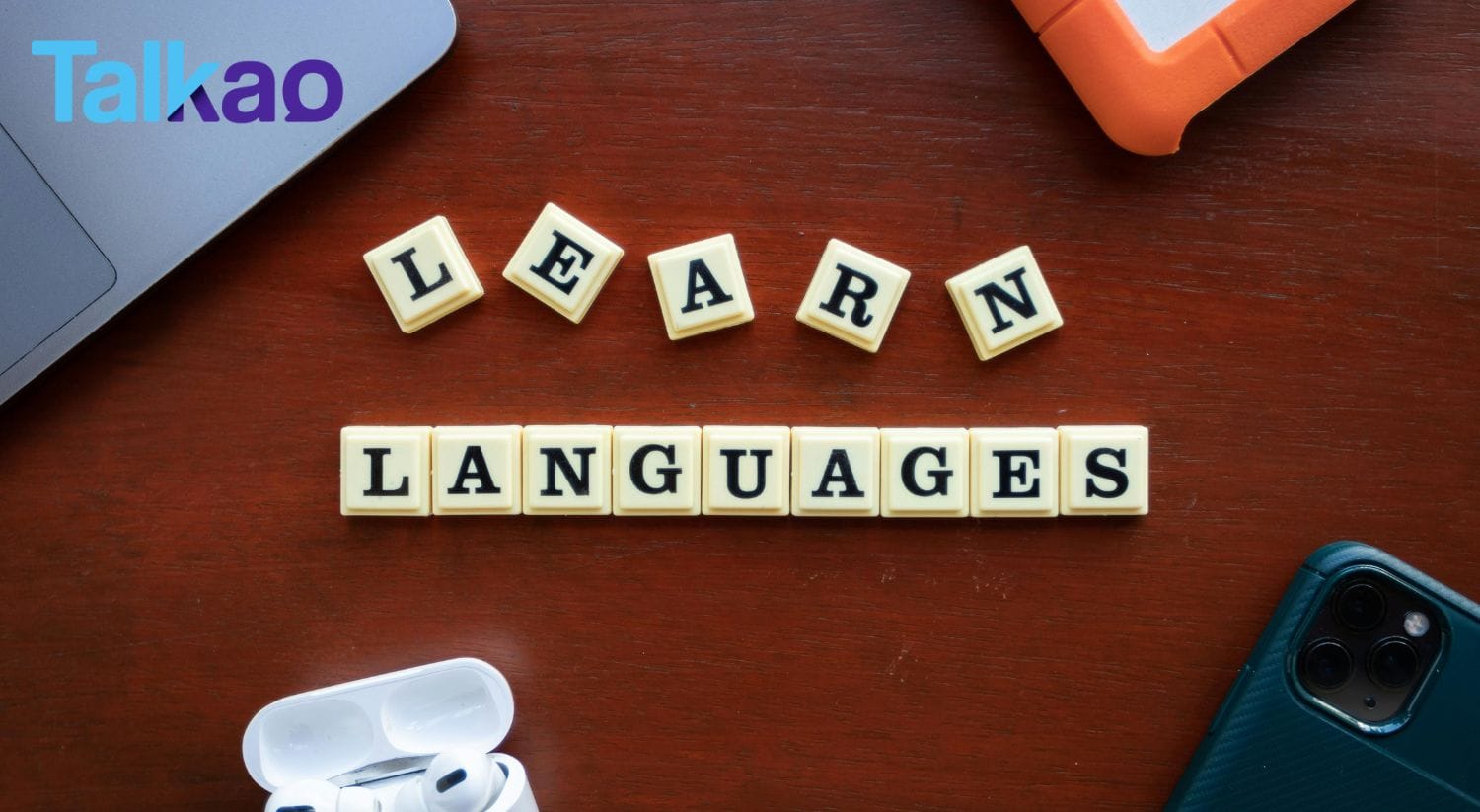

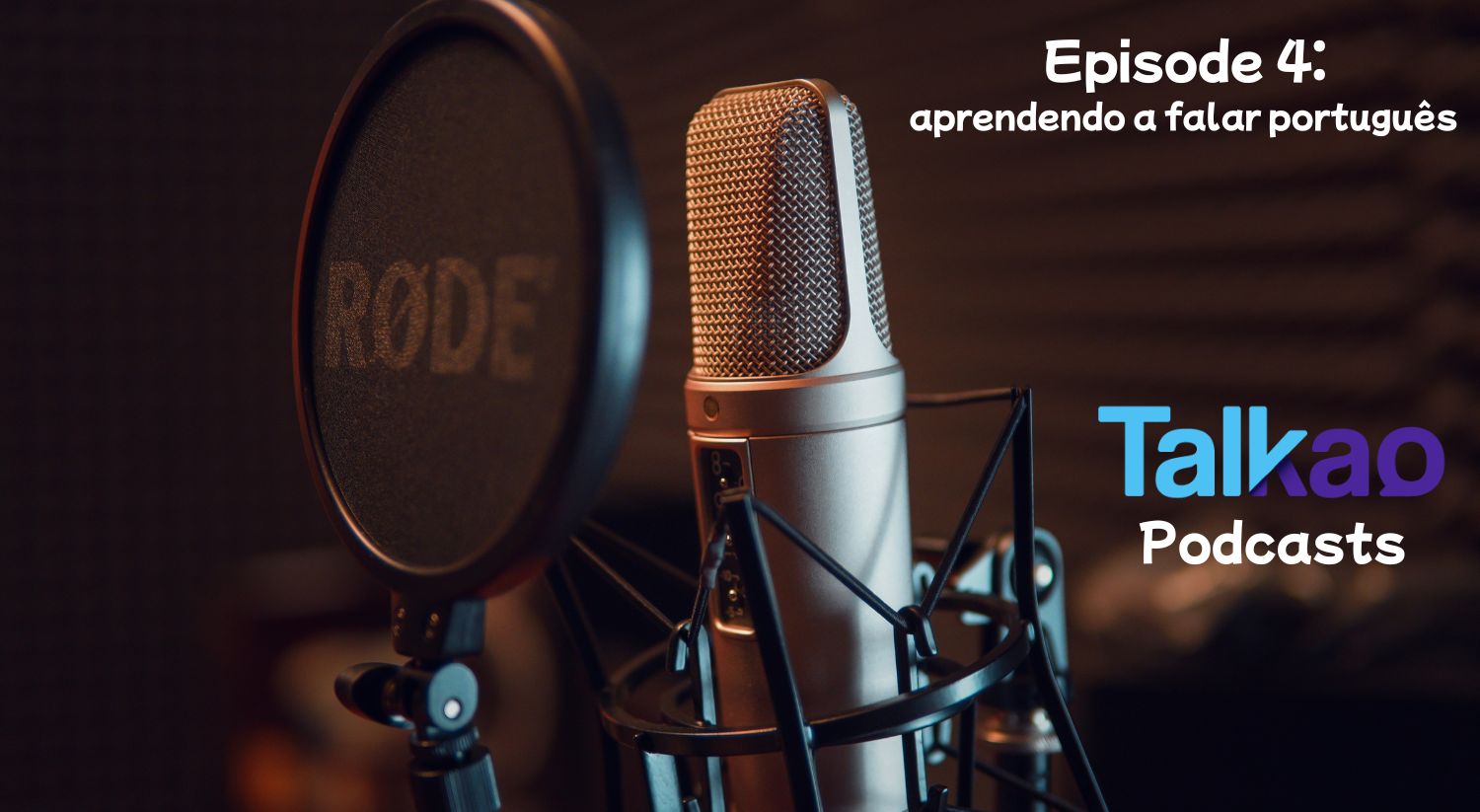
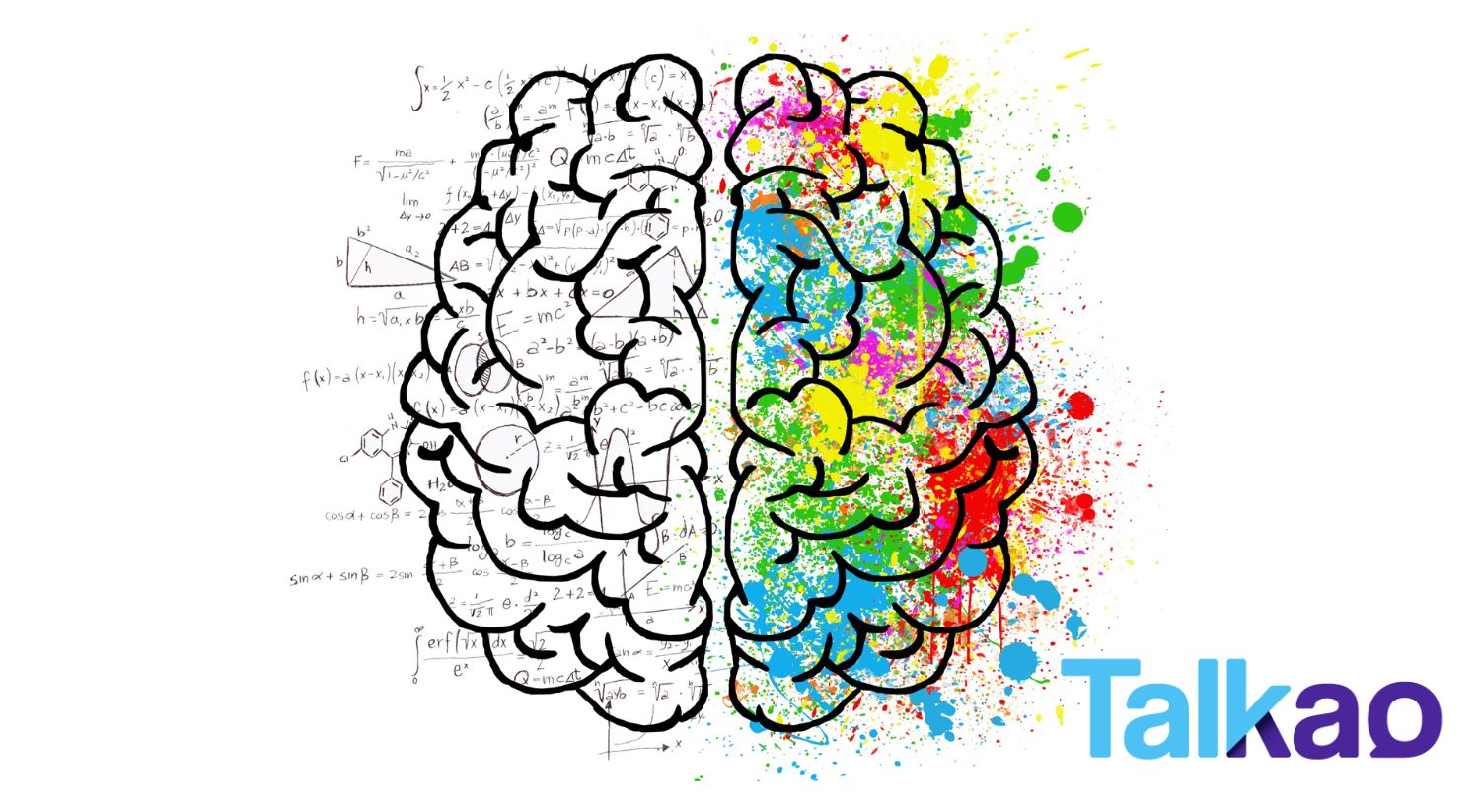
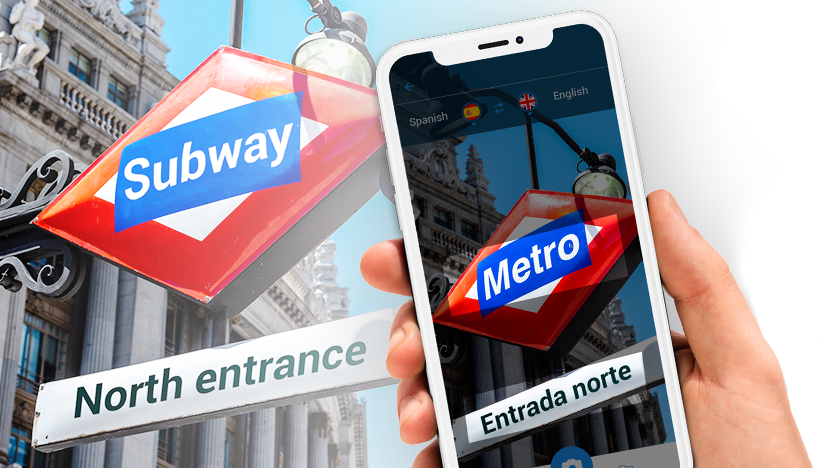
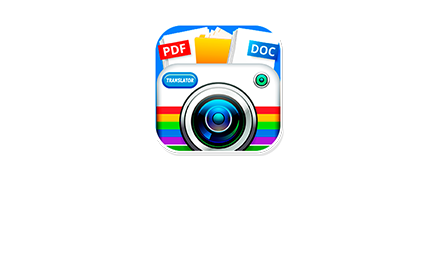




Newsletter